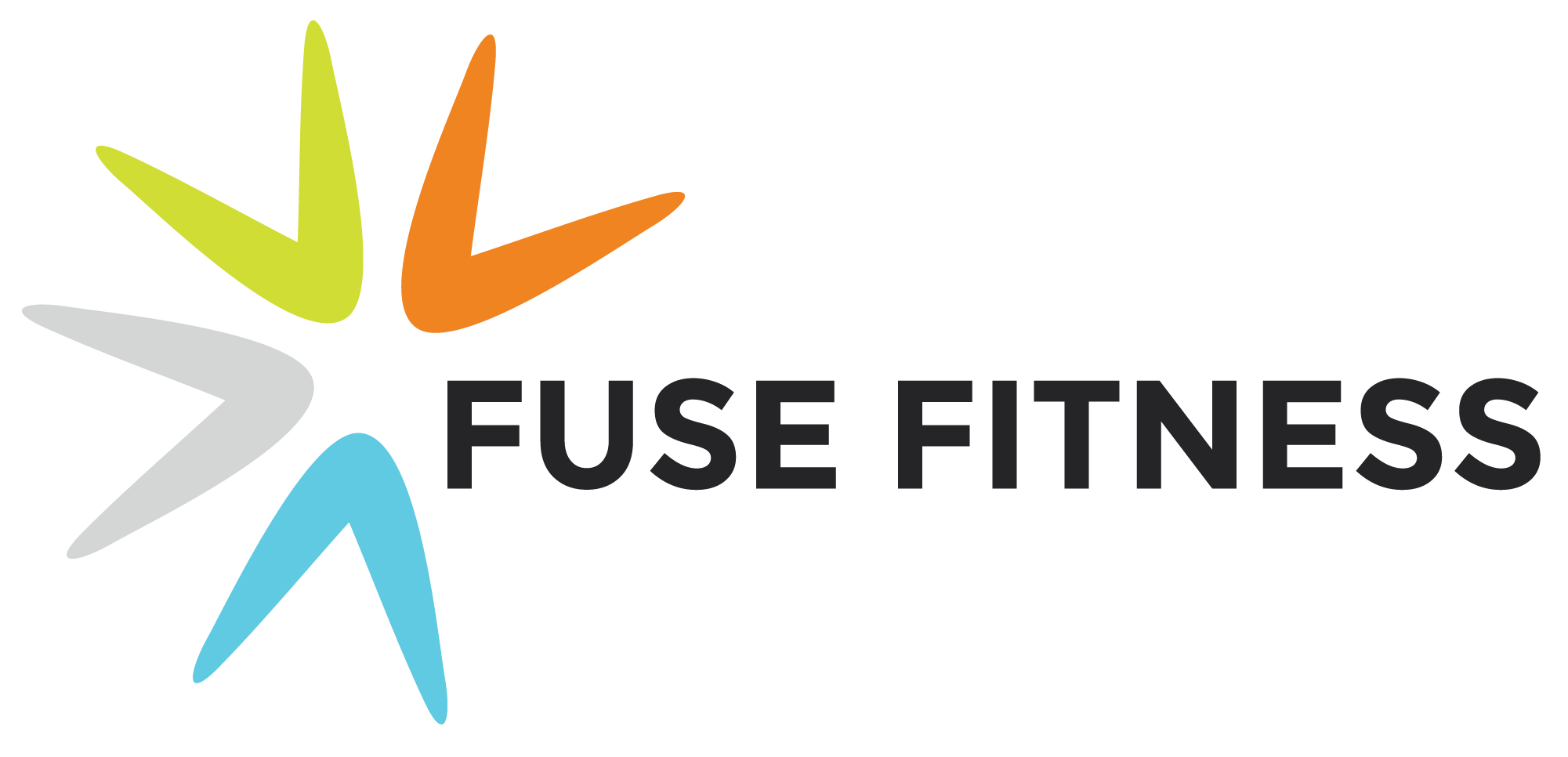Nutrient Check-In
Nutrition is fascinating. It can cure nutrition-related disease, improve health and prevent illness. Since the connection between early day scurvy treatment with foods high in vitamin C, and more recently, folic acid intake during pregnancy to prevent brain and spinal cord defects, individual nutrients have gained our attention. Historically, the study of nutrition dates not so far back to the late 1800’s and early 1900’s—one of the “newer” areas of science. And we’ve learned a lot over the last 120+ years. But we’ve also been subjected to inaccuracies and myths about nutrition.
Interest in improving health often comes with increasing awareness of nutrition, and focus on optimal dietary intake. So what do you do? Is a varied diet enough to deliver all the nutrients your body needs each day? Or do you need a supplement to provide optimal nutrition?
Here are some considerations when deciding if you are getting sufficient nutrients or if you need to add additional nutrients to your diet.
1. Is your daily food intake meeting your nutrient requirements? Certain ways of eating truly lack adequate nutrient intake. For example, diets high in processed and fast foods or reduced calorie diets. Consider using a diet and nutrition tracker or visit a registered dietitian nutritionist to evaluate your intake and determine if you are deficient or low in any macro or micro nutrients. Variety is the key to getting all the key nutrients.
2. Are you following a diet that excludes specific food groups? This can put you at risk for deficiencies of some nutrients. For example, a vegetarian or vegan diets that exclude animal foods is low in iron and vitamin B12.
3. Do you have a health condition that causes nutrient loss due to increased needs or decreased absorption? Intestinal diseases like irritable bowel syndrome or Crohn’s disease can interfere with nutrient absorption; food allergies or intolerances that exclude food groups can cause deficiencies; a gluten-free or dairy-free diet that eliminates specific nutrients like B vitamins, calcium and vitamin D.
4. Does your physical activity increase nutrient requirements? For example, extra protein for building muscle mass; greater calorie intake for high intensity or long endurance exercise. Often, eating the extra food to meet calorie and protein demands also means you are getting additional vitamins and minerals as well.
Over-nutrition is the consumption of one or more excess nutrients. For example, excess calories, excess fat or excess protein. Supplementing with excess vitamins or minerals or even specific amino acids can also cause over-nutrition.
Under-nutrition is the inadequate intake of one or more nutrients. Causes include poor appetite, fad diets, eating disorders and diseases that prevent intake or absorption of nutrients.
A healthy, well-balanced diet does not require nutrient supplementation unless there is a specific reason as in the above examples. Concentrate on choosing fresh, whole foods that are nutrient dense. This includes fresh fruits and vegetables, whole grains, low or nonfat dairy products, lean meats or plant-based protein sources and healthy fats.

